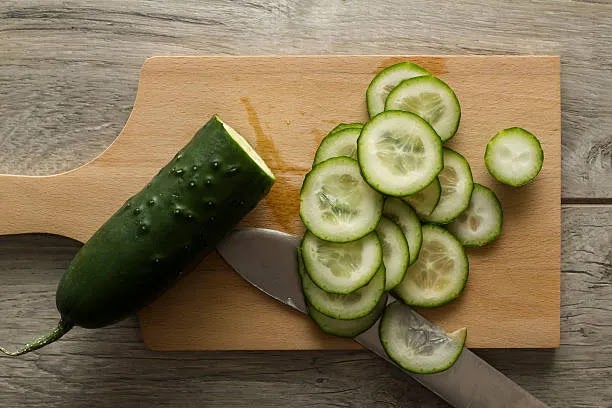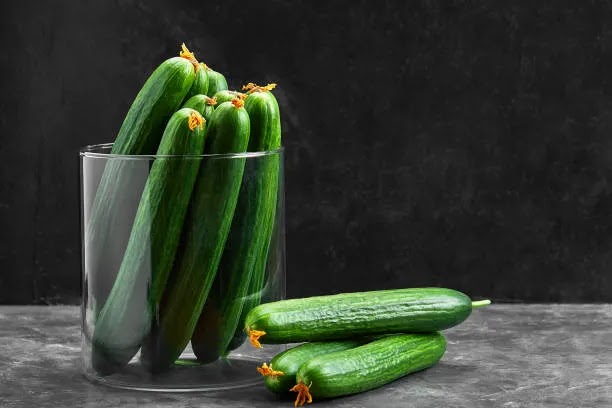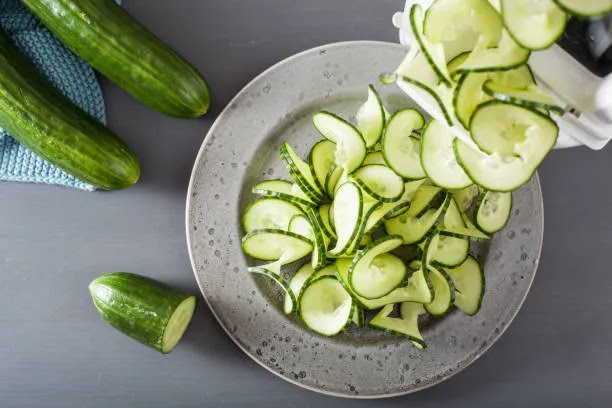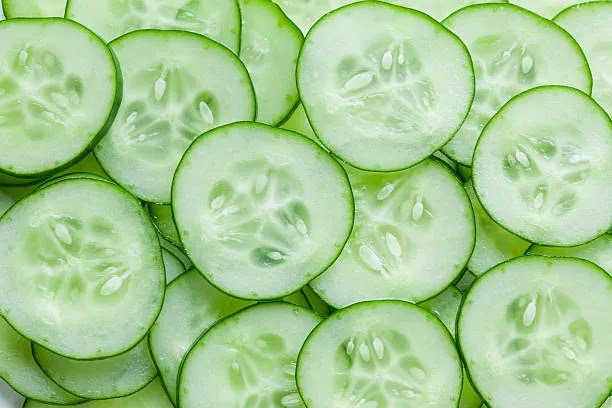Do You Eat Cucumbers
These Articles Do NOT Provide Medical Advice
Consult Your Doctor Before Beginning ANY Diet
What Happens to Your Body When You Eat Cucumbers
By Lekhak February 16, 2022
All the side effects of eating this water-rich food.
Cucumbers are our favorite non-vegetable vegetables used in salads, crudites platters, and pickle bases. (Cucumbers are fruits, according to botanical categorization.) And even more technically speaking, they’re berries!)
Despite being a fan favorite, Cucumbers are frequently overlooked when it comes to superfoods. While some fruits and veggies are teeming with antioxidants, bioactive compounds, and micro and macronutrients abound, cucumbers are, to put it mildly, relatively dull. That isn’t to say that eating them won’t help you stay healthy. Some of the utterly unexpected side effects of eating this piece of produce may surprise you. Continue reading to learn more about the health benefits of cucumbers.
You’ll get hydrated.
According to USDA data, cucumbers are 95 percent water, with 114 grams per 120 grams of solid cucumber. Cucumbers are also a good source of two electrolytes: potassium and magnesium, with one cup providing 4% of your daily value for each of the electrolytes. Cucumbers can be eaten alone to stay hydrated or with yogurt dip for a cooling, protein-rich bite.
You’ll get a solid dose of vitamin K.
According to the National Institutes of Health, this water-rich vegetable is a “good” source of vitamin K. This fat-soluble vitamin aids in protein synthesis, blood clotting, and bone growth. With nearly 20 micrograms per serving, one cup of cucumber provides 17 percent of the nutrient’s daily value. Green leafy vegetables like spinach, kale, and broccoli, in addition to cucumbers, are good sources of vitamin K.
They may help you lose weight.
Cucumbers are low-calorie vegetables available, containing only 18 calories per cup. Cucumber has a low-calorie count and a high water content, so you can eat a lot of it while eating a few calories and still feeling full, suitable for weight control. Cucumbers are a favorite in many of our healthy snack recipes because of this.
You may reduce your risk of prostate cancer.
According to preliminary research, cucumbers are high in fisetin, a dietary flavonoid with anti-inflammatory, antioxidant, neuroprotective, and cardio protective properties. An Antioxidants & Redox Signaling review found that fisetin has anticancer mechanisms and may help slow prostate cancer progression, though more research is needed.
You’ll support eye health.






